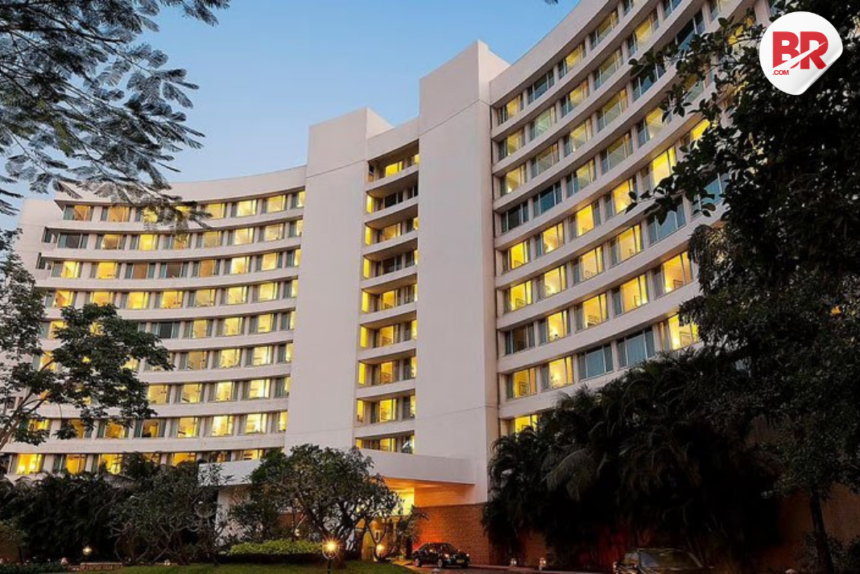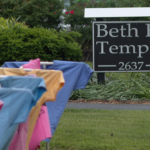
Chalet Hotels Limited, the hospitality arm of real estate powerhouse K Raheja Corp, just delivered a financial report card that’s equal parts impressive and concerning.
While revenue jumped an enviable 21.3% to ₹1,717.8 crore in FY25, net profit took a shocking 48.8% nosedive to ₹142.3 crore. This paradoxical performance reveals much about the company’s strategy – and the brutal realities of India’s booming hospitality sector.

The Numbers Tell Two Stories
On the surface, Chalet’s operational performance looks stellar. Their hotels business (which includes premium properties like JW Marriott Mumbai and Westin Powai) saw revenue surge to ₹544.7 crore, up sharply from ₹459.3 crore in FY24. Even more telling, EBITDA climbed 27.8% to ₹772.19 crore, proving the company can wring more profit from each rupee of revenue.
But dig deeper, and the cracks appear:
- Soaring operational costs: Employee benefits, power bills, and supply chain expenses ballooned, squeezing margins.
- Tax turbulence: A government policy shift wiped out ₹202.17 crore in tax credits overnight.
- Depreciation drag: Expanding their asset base means higher depreciation and finance costs.
Also Read Jindal Poly Films Is Betting ₹700 Crore on the Future—Here’s Why That Matters
“It’s like watching someone sprint uphill with a backpack full of bricks,” quips hospitality analyst Riya Mehta. “The revenue growth is real, but the profit drop shows how hard it is to scale in this sector.”
The Expansion Obsession
Even as profits faltered, Chalet doubled down on growth:
- Luxury acquisitions: They snapped up The Westin Resort & Spa in Rishikesh for ₹530 crore and Courtyard By Marriott in Faridabad, betting big on India’s post-pandemic luxury travel boom.
- Ambitious pipeline: CEO Sanjay Sethi plans to add 1,000 rooms across metros, funded entirely through internal accruals – a bold move that avoids shareholder dilution but raises questions about cash flow.
- Geographical spread: Their push into Goa and Rishikesh targets both leisure travelers and spiritual tourism, diversifying beyond business-centric metro hotels.
“We’re playing chess while others play checkers,” Sethi told investors, brushing off profit concerns. “Market share today means pricing power tomorrow.”
Also Read Air India and IndiGo Cancel Flights Amid Security Concerns: What You Need to Know
The Industry Context: A Gold Rush With Pitfalls
Chalet’s story mirrors India’s hospitality sector at large:
- Room shortage: With just 200,000 organized hotel rooms (projected to hit 300,000 by 2030), demand outstrips supply.
- Premiumization trend: Domestic travelers are increasingly opting for branded stays, justifying Chalet’s luxury focus.
- Profit paradox: As HVS India’s latest report notes, “RevPAR growth isn’t translating to bottom-line gains due to inflationary pressures.”
The Billion-Dollar Question
Is Chalet’s strategy visionary or myopic?
Bull case: They’re acquiring prime assets before valuations skyrocket, locking in long-term revenue streams.
Bear case: Margins are eroding faster than revenue grows, and debt could become a headache if interest rates stay high.
The Verdict: Chalet’s playing a high-stakes game. If they can streamline costs and ride out the inflationary wave, today’s profit slump may look like a smart sacrifice. But if operational inefficiencies persist, even ₹2,000 crore revenue won’t please investors.
“In hospitality, you either scale or stagnate,” sums up industry veteran Pranav Kapoor. “Chalet chose scale. Now we wait to see if they chose wisely.”
Also Read Swiggy Just Crashed—Is This a Panic Sell or the Smartest Exit of the Year?












